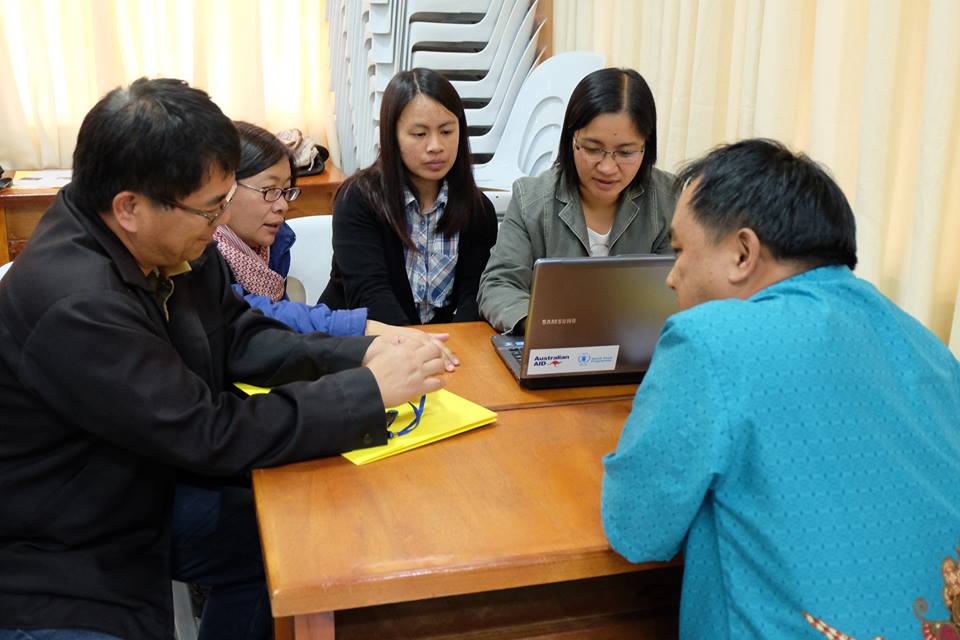By Chuck Baclagon
The science is clear. Climate change is the greatest threat of our time.
It is a global phenomenon that at its very heart impacts the lives and livelihoods of local communities, especially in countries like the Philippines which counts among the most vulnerable to its impacts.
The People’s Survival Fund
It is in recognition of this vulnerability that paved the way for the passage into law of the People’s Survival Fund (PSF), under Republic Act 10174, in 2012. The PSF is a special fund in the national treasury that will finance climate change adaptation initiatives of local governments and accredited community organizations, with the aim to better equip vulnerable communities to deal with the impacts of climate change.
The PSF Board has already approved last November its first two projects – one in Del Carmen, Siargao, Surigao del Norte and the other in Lanuza, Surigao del Sur – totaling almost P120 million.
However, not all local governments know how to access this fund. In response, the Institute for Climate and Sustainable Cities, in partnership with Benguet State University (BSU) and the Canadian Embassy in the Philippines, held a PSF orientation and workshop for local government officials from Benguet and Mountain Province of the Cordillera region.

Local government officials from Benguet and Mountain Province banded together seeking to fund their efforts to protect their harvests and further adapt to climate change.
A voice for the vulnerable
The Cordillera region has long been identified as highly vulnerable to climate impacts. Research by BSU and other scientific institutions show that their harvests and forests, which are already under threat, will be even further damaged by more intense typhoons and more extreme rains.
The orientation-workshop made it clear that it is important for the national government to partner with local officials but also local academic institutions, civil society, and the international community. Researchers from BSU were vital in providing studies and baseline data to help local officials develop the best adaptation strategies that are suited for the ecological conditions and climate risks in their areas.
Hopefully, the participants will soon be able to come up with local adaptation proposals that reflect their ambition not only to survive, but more so to thrive.
